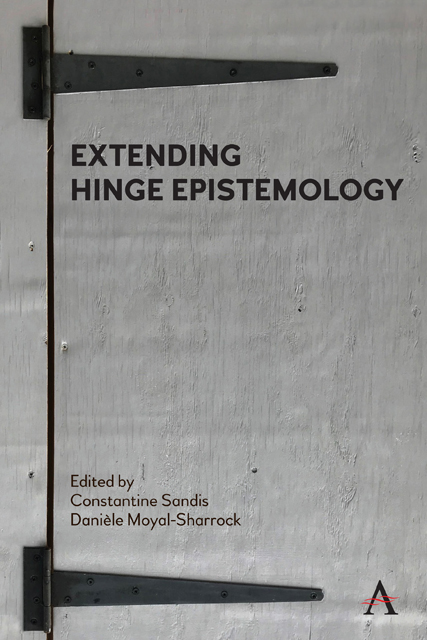Chapter Two - Exploring Quasi-Fideism
Published online by Cambridge University Press: 09 December 2022
Summary
There lives more faith in honest doubt, Believe me, than in half the creeds.
Tennyson, In Memoriam A. H. H.Quasi-Fideism in Outline
In a series of recent papers, I have argued that we should understand the kind of hinge epistemology that arises from Wittgenstein's final notebooks – published as On Certainty (Wittgenstein 1969) – as suggesting a distinctive kind of approach to the rationality of religious belief. In particular, on this interpretation, Wittgenstein is not offering the straight fideistic line in this regard that is usually attributed to him, but rather a very different position, which I call quasi-fideism. On this proposal, while Wittgenstein is claiming that religious conviction, at its root, is to be understood along arational lines (this is the fideistic part), he is not thereby arguing that all religious belief is to be understood arationally; indeed, one's non-fundamental religious beliefs may well on this view enjoy a positive rational standing (which is why the view is not a straightforward version of fideism). Moreover, the idea is that religious belief is no different from ordinary non-religious belief in this regard, in that all belief, religious or otherwise, pre-supposes fundamental arational commitments (this is where the hinge epistemology comes in).
As this last remark indicates, quasi-fideism is effectively the application of hinge epistemology to the problem of the rationality of religious belief, as we shall explain in a moment. But, first, let us briefly remark on the nature of quasi-fideism and its attractions. Part of the appeal of quasi-fideism lies in its relative merits when compared to other accounts of the rationality of religious belief. Straight fideism can seem like a capitulation in this regard, in that rather than offering a positive account of the epistemology of religious belief, it instead contends that such belief is unique (or at least unusual) in not being subjected to rational evaluation. In contrast, the kind of evidentialist treatments of the rationality of religious belief that have been popular historically (at least since Locke), such that (roughly) one should proportion one's religious conviction to the degree of evidential support one has for it, seem to set the bar for religious belief so high as to be unattainable (particularly given the strength of religious conviction and the usual constraints of what counts as applicable ‘evidence’ in this regard).
Information
- Type
- Chapter
- Information
- Extending Hinge Epistemology , pp. 27 - 50Publisher: Anthem PressPrint publication year: 2022
